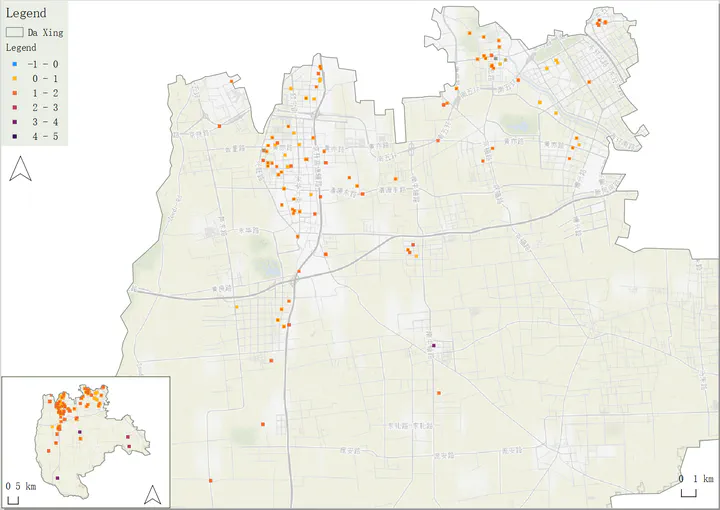The implementation of big data analysis in regulating online short-term rental business: a case of Airbnb in Beijing

Abstract
With the fast expansion and controversial impacts of short-term rental platforms such as Airbnb, many cities have called for regulating this new business model. This research aims to establish an approach to understand the impact of Airbnb (and similar services) through big data analysis and provide insights potentially useful for its regulation. The paper reveals how Airbnb is influencing Beijing’s neighbourhood housing prices through machine learning and GIS. Machine learning models are developed to analyse the relationship between Airbnb activities in a neighbourhood and prevailing housing prices. The model of the best fit is then used to analyse the neighbourhood price sensitivity in view of increasing Airbnb activities. The results show that the sensitivity is variable: there are neighbourhoods that are likely to be more price sensitive to Airbnb activities, but also neighbourhoods that are likely to be price robust. Finally, the paper gives policy recommendations for regulating short-term rental businesses based on neighbourhood’s price sensitivity.